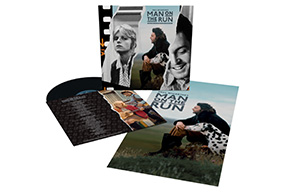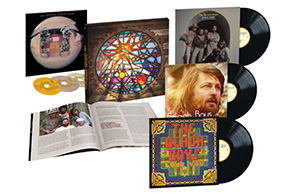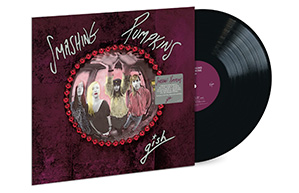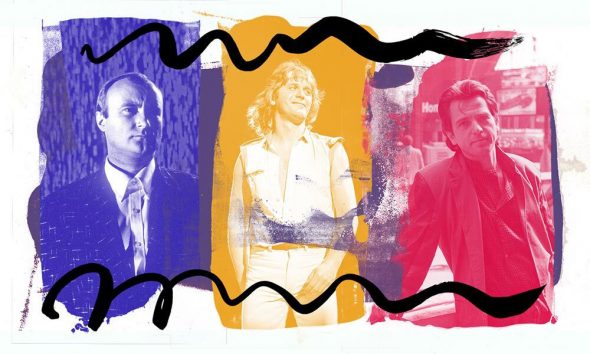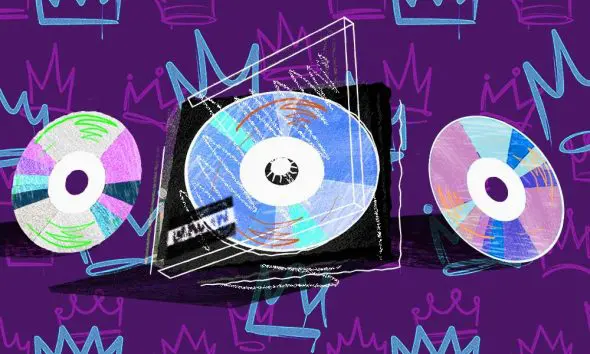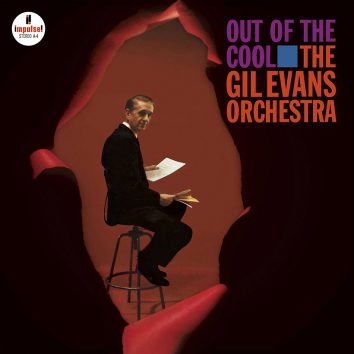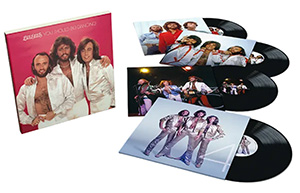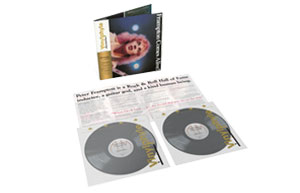‘Esto Fue Lo Que Trajo El Barco’: Ismael Rivera Con Sus Cachimbos’ Classic
Maelo is in full command on this 1972 salsa classic, utilizing all the vocal tricks in his bag.
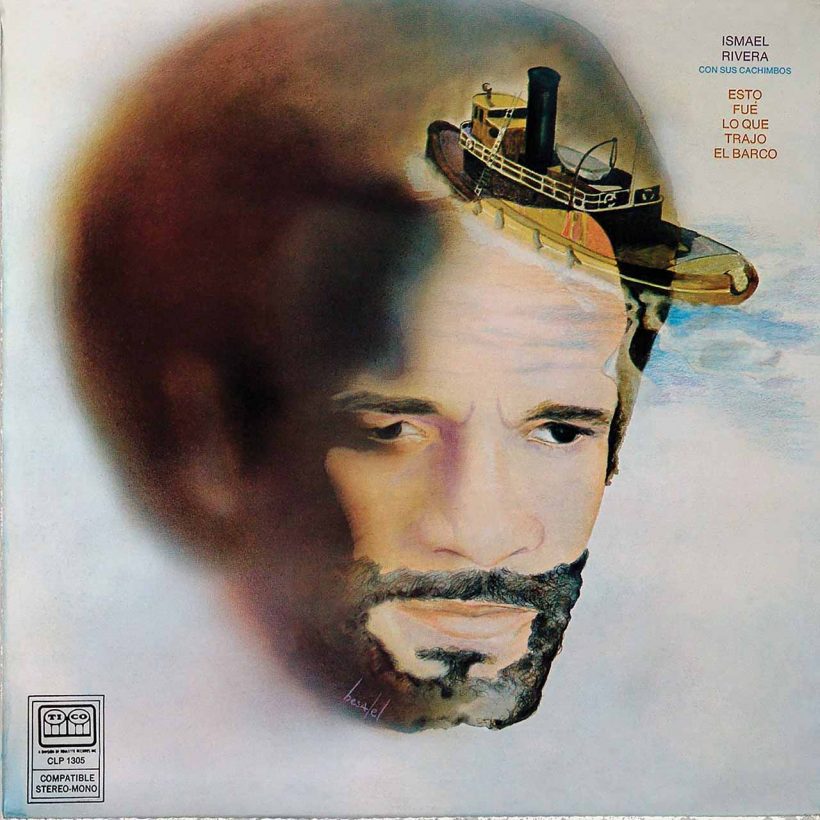
Ascending to prominence in the mid-1950s as the featured vocalist in longtime friend Rafael Cortijo’s celebrated group, Cortijo Y Su Combo, Ismael Rivera possessed a groundbreaking improvisational mastery that would come to define the modern sonero. Intrinsic to Rivera’s genius was an unprecedented rhythmic complexity indicative of his percussion background: his playful use of punchy, percussive phrases to fill out lines, and an ability to stack sophisticated combinations of rhythmic phrases within soneos, all delivered in an earthy timbre evocative of his hard scrabble upbringing in Santurce, San Juan.
Scoring hits like “El Bombón de Elena” and “El Negro Bombón” amongst many others, Cortijo Y Su Combo not only advanced the bomba and plena dance forms into the age of Latin dance band music, but as an all-Black group that regularly appeared on Puerto Rican television, challenged prevailing prejudices within the national culture. Affectionately known as Maelo, Rivera would also more grandly be dubbed “El Sonero Mayor” (the greatest sonero) surpassing his wildest childhood dreams of making it as a singer.
Listen to Ismael Rivera’s Esto Fue Lo Que Trajo El Barco now.
But his journey was not without turmoil. In 1962 after returning to Puerto Rico with the band after a tour of Panama, Rivera was arrested on drug possession charges. He ultimately served four years at the infamous U.S. Narcotics Farm federal penitentiary and rehabilitation center in Lexington, Kentucky (immortalized in William Burroughs’s Junky). Upon his release, Rivera reunited with Cortijo. But an epiphany of faith while visiting the home of the Black Christ in Portobelo, Panama would provide a necessary spiritual guide through his ongoing struggles with drug addiction. By the close of the decade, Rivera had relocated to New York City, signed to Tico Records at the behest of Tito Puente, and formed his own group, Los Cachimbos, just as the city’s Latin music explosion began to spark, setting the stage for one of his finest recordings.
The title of Ismael Rivera Con Sus Cachimbos’s 1972 classic, Esto Fue Lo Que Trajo El Barco literally translates to “this is what the boat brought,” but as an aphorism of street wisdom is more akin to “what you see is what you get.” It’s an appropriate line given how much the selections herein – which range from dance numbers, emotionally resonant ballads, and playful novelties – rely on Rivera’s gifts, all but forsaking the extended instrumental soloing that characterized so many recordings of the salsa era. From the opening track, “Yumba Agua Taña Oh!,” through the triumphant closer, “Triago Salsa,” Maelo is in full command, effortlessly ricocheting ad-libs off of song choruses and shifting rhythms with all the vocal tricks in his bag. A significant hit, “Dime Por Que” finds him lamenting heartache over pianist Javier Vásquez’s kinetic arrangement, while “San Miguel Arcangel” addresses his spiritual concerns, building to a percolating climax. “La Vaca Lechera” and “Maña Maña” are impressive for their sheer audacity, respectively transforming a children’s song about a cow, and the theme to a Swedish sex documentary into credible additions to Rivera’s repertoire.
Click to load video
Meanwhile “Incomprendido” merges all of Maelo’s unparalleled qualities with a haunting prescience – from the repeat phrasings of his devastating opening stanza, “Yo, yo, yo, yo creo que voy solito a estar, cuando me muera/ He sido el incomprendido/ Ni tú ni nadie me ha querido tal como soy” (“I, I, I, I think I’m that I’m going to be alone when I die/ I have been the misunderstood/ Neither you nor anyone has loved me the way that I am”) – through its closing line, “Yo soy Maelo el incomprendido” (“I am Maelo the misunderstood”), and Rivera’s punctuating, defiant laugh. Forced into premature retirement in the 1980s due to his failing health, Rivera passed away in 1987 at age 55 in Puerto Rico just a month prior to a planned tribute concert in his honor. Though Maelo may have considered himself misunderstood, for his many fans, he was – and will forever remain – beloved.
Click to load video
Listen to Ismael Rivera’s Esto Fue Lo Que Trajo El Barco now.


